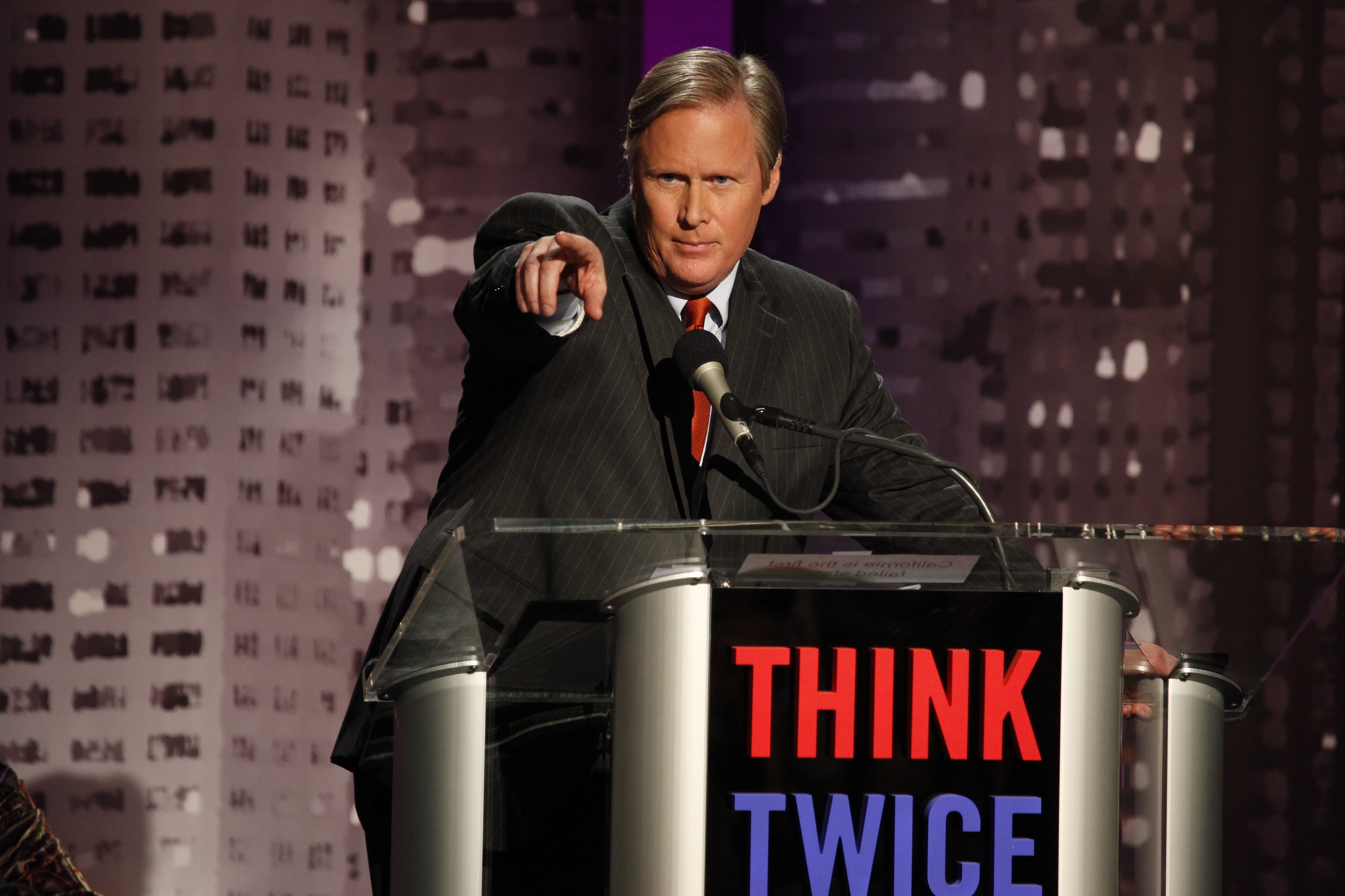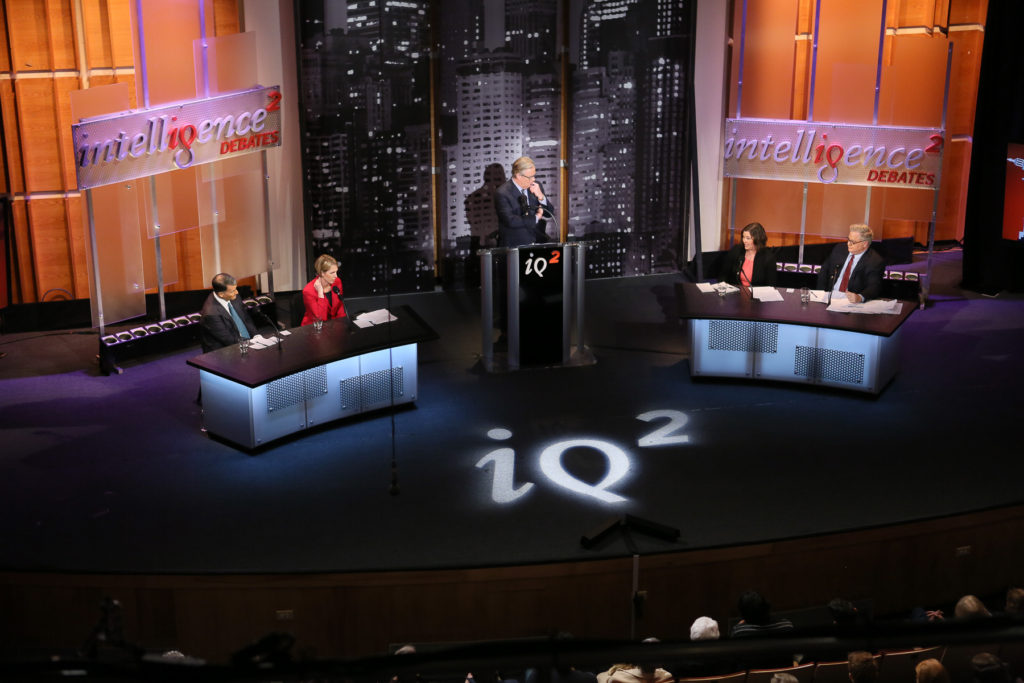Black Mountain, NC, June , 2023 —William R. Forstchen, Ph.D., prays that he is remembered 30 years from now as a crank. Widely considered one of the foremost experts on electromagnetic pulse (EMP) attacks, Dr. Forstchen wants more than anything to be wrong when he says an attack is imminent.
Dr. Forstchen is also a New York Times bestselling author who has written extensively about EMP weapons. His upcoming book, Five Years After, traces the plight of protagonist John Matherson as he struggles to protect the fragile civilization helped rebuild following an EMP strike.

A means of delivery- Newscom/Alamy Stock Photo/M2T8T5 North Korea’s intercontinental ballistic missile Hwasong-15 is displayed during a military parade in Pyongyang, 8 February 2018.
Most people have lived through minor power outages lasting anywhere from a few hours to a few days. But what would happen if the power went out and didn’t come back on? Historian William R. Forstchen, Ph.D., warns that if something were to cripple the U.S. power grid — an electromagnetic pulse (EMP) for instance — it would trigger a cascade of deadly events, and long-term survival would depend on being in the right place at the right time with the right food supply.
“It is catastrophic. It is not ‘tinfoil hat,’” said Forstchen in a recent interview. “With an EMP, when it hits, it blows the grid out. You’re going to lose your water immediately. Within several days, that’s going to be bad. Second: food supply. … Medication. … and then of course, disease sets in.”
Widely considered one of the foremost experts on EMP attacks, Forstchen is also the New York Times bestselling author of the One Second After series, a fictional exploration rooted in the cold, solid facts of how an EMP strike above U.S. soil would impact society.
How would an EMP attack effect Canada?

The Canadian Press/J.P. Moczulski An aerial view of the Bruce Power nuclear generating station in Kincardine, Ontario, Canada. An EMP event affecting this facility could have catastrophic consequences.
The latest book in the series, Five Years After, follows protagonist John Matherson as he contends with new threats to the fragile civilization that he helped rebuild.
In Five Years After, the Republic of New America has all but collapsed into regional powers, and the world at large is struggling to remain stable as regional conflicts ravage the post-EMP landscape. After several years attempting to lead a quiet life, John receives word that the President is terminal with cancer, and John is asked to take over the reins of government.
Pulled back into the fray, John struggles to hold the tottering Republic together. Facing threats on multiple fronts, he races against time to stop another EMP attack on the former United States and China, putting years of progress at risk. With so much of his work under threat, John must find the strength within to start over, so that he can save the country and the people that he holds dear from even greater calamity.
Forstchen’s depiction of a post-EMP society throughout his One Second After series is rooted in years of extensive research, and he has long been advocating for greater awareness and preparation against an EMP strike, which he considers a very real threat. His goal is not to alarm, but to prompt proactive measures to protect the North American public.
“We’ve got to live our lives; we’ve got to enjoy ourselves … don’t make this the obsession,” Forstchen said of the topic of EMPs. “But it should be out there. You should be thinking about this and doing some basic planning.”
Featured image- NASA “Mini-EMP attacks do happen when conditions on the Sun create discharges powerful enough to reach the Earth’s surface. Solar Terrestrial Relations Observatory’s view of the 23 July 2012 coronal mass ejection. The event was the fastest-ever coronal mass ejection, leaving the sun at between 1,800-2,200 miles-per-second.
About the Author
William R. Forstchen is a New York Times bestselling author and a Professor of History at Montreat College, in Montreat, North Carolina. He holds a doctoral degree from Purdue University with a specialization in military history and technology. He is the author of more than 50 books, including the One Second After series that details the realistic effects of an EMP strike.
He is a noted expert historian and public speaker and has been interviewed on FOX News, C-SPAN and many others on topics ranging from history to technology and cultural issues, to space technology development, to security threats.
Amazon link: https://www.amazon.com/Five-Years-After-Matherson-Novel/dp/1250854563/
Five Years After
Publisher: Tor/Forge
Release Date: August 22, 2023
ISBN-10: 1250854563
ISBN-13: 978-1250854568
Available for pre-order from Amazon.com


